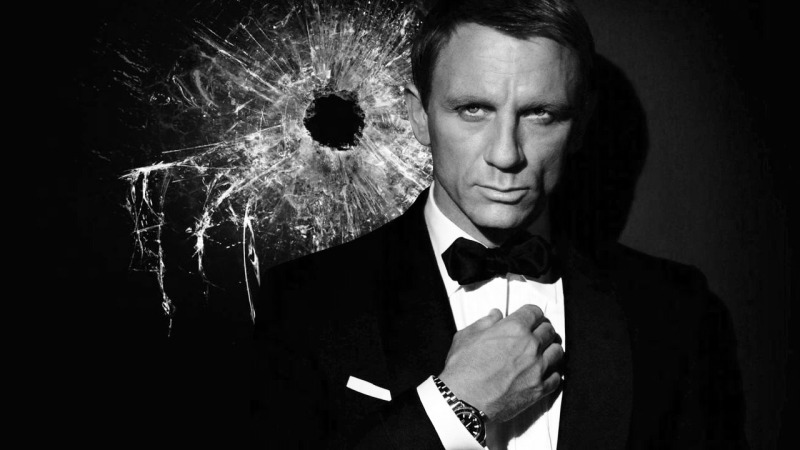
Steve Jobs works as a film because it avoids its subject’s infatuation with electronic devices.
A few months back my IPod seemed to stop working. After a couple of hours it pulled itself back together again but not before I had realised that by transferring some stuff to my phone’s SD card, I could make more than enough room for it to store all of the music and podcasts I actually listened to. And with that I stopped using any Apple devices.
I’ve never really understood the thrall in which the company holds some consumers. I don’t get why its product launches are treated like rock concerts nor why even people on even fairly modest incomes in Vietnam would shell out for such expensive products. I’m a quintessential android user – I see design as far less important than function, am not prepared to pay for gloss and I will happily accept imperfections in exchange for a less bloated price tag. I therefore find the cult of Jobs intensely annoying. My opinion of him was summed up in an article I can’t now find but the gist of which was the author noting some comments by Jobs suggesting that Bill Gates lacked vision. The author in turn noted that this is a strange way for a man trying to cure malaria to be described by one making nice looking consumer electronics! I find something dissonant about a new age counter-cultural mystique that surrounding Jobs when his was business largely depended on conspicuous consumption. So the cottage industry of biographies, biopics, documentaries and lesson drawing business books that surrounds Jobs is not something I’m greatly interested in.
You might therefore expect me to dislike a film where a fictionalised Jobs claims that the launch of the Mac is one of the two most important events of the Twentieth Century. But in fact, this is a film that doesn’t shy away from the fact that its protagonist wasn’t an especially nice guy. We are shown that his unwavering self belief is not totally unjustified but also that it starts applying to places where it is not warranted. His perceptiveness when it came to the future of personal computing seems mirrored by an inability to understand the people around him. He is depicted as a tyrannical boss, a callous friend, and worst of all a reluctant and indifferent father. But this isn’t a hatchet job. You wouldn’t expect anything as simplistic as that from the alliance of Fassbender, Boyle and Sorkin. Together they ensure that Job’s never is never in danger of being depicted as a monster. They get us to empathise with him even when we can’t sympathise. The perfectionism and drive that combined to make him such an effective engineer also make him unhappy. By reminding us that there’s a redeemable character within the ‘arsehole’ they create a source of drama: will the part of him that realises that people matter win out against the section that monomaniacally focused on computers?
Bringing this conceit to execution of course requires a great deal of skill. Boyle and Sorkin’s routes in theatre serve them well here. The set up is very much like a play. There are three ‘acts’ each centring on the minutes before one of Job’s product launches and which therefore involve a set of characters going backwards and forwards between a small number of rooms. Indeed, Boyle appears to have had his cast rehearse as if it were a play. But it doesn’t suffer from History Boys syndrome – whereby a film feels like it belongs on stage not on screen. For example, Boyle makes ample use of tricks like montages and intercutting scenes that only really work on film. That goes a long way to negating the risk it might seem claustrophobic and any remaining danger is removed by how vivid and energetic Sorkin’s dialogue is.
So whilst this is not an earth shattering film in any, it is nonetheless engaging. And its makers have done well to create a film that shows us its protagonist’s viewpoint without endorsing it. Steve Jobs might have strived to remove the possibility of human error from his creations but Steve Jobs uses human fallibility to power its story.
